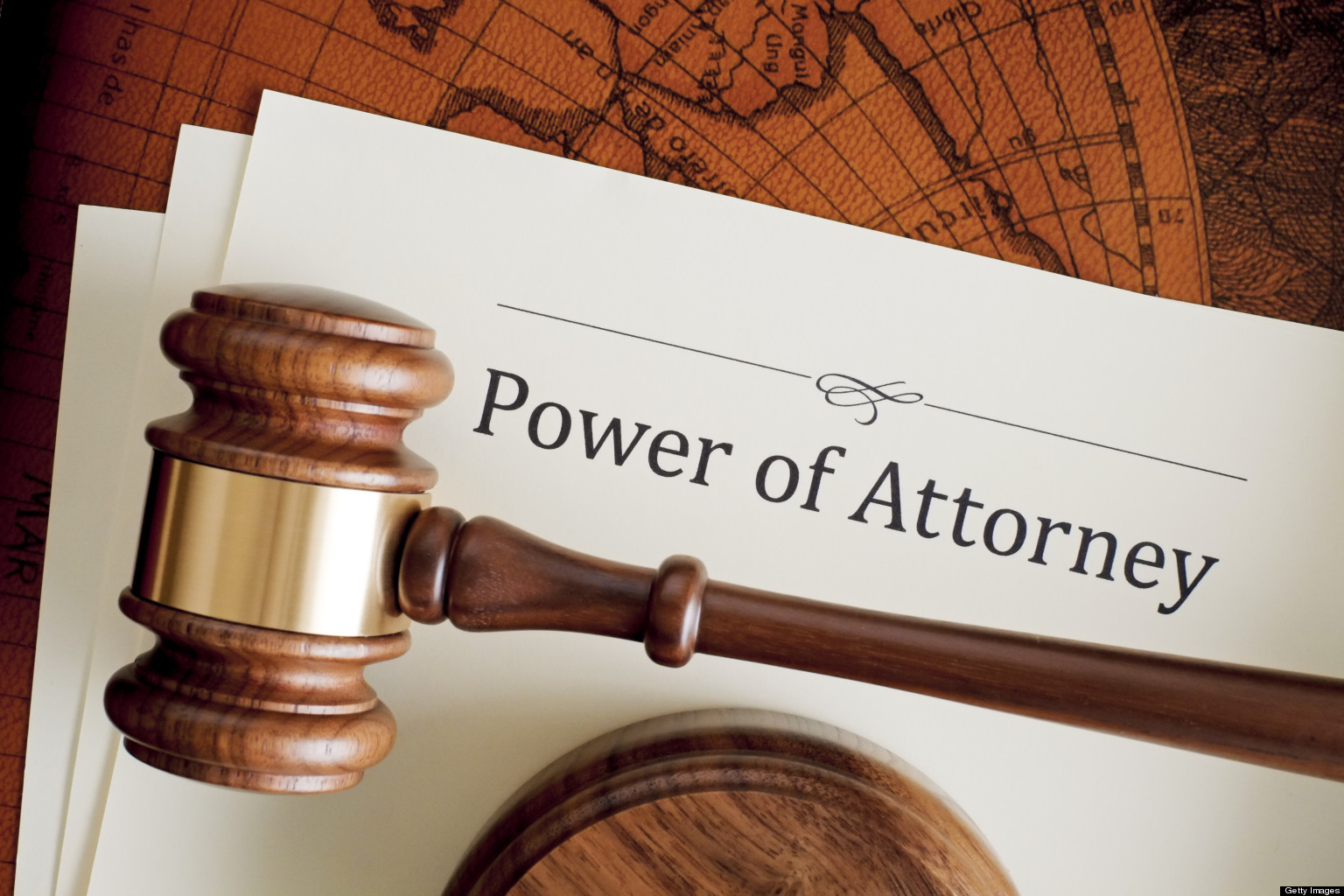When you are considering filing bankruptcy, you try to hold on to as much money and property as possible while eliminating your debt. The popular types of bankruptcy are chapter 7 and chapter 13 and each comes with its benefits and drawbacks. Chapter 7 bankruptcy allows you to do away with all unsecured debt and pay off the remaining debts by liquidating some of your assets. In contrast, chapter 13 bankruptcy randleman nc will enable you to keep your property and pay your debt over time.
An experienced bankruptcy attorney milledgeville ga helps you analyze each chapter of bankruptcy and see how it applies to your financial situation to make an informed decision.Bankruptcy is affordable and at the end of the day, having an experienced chapter 7 bankruptcy attorney indianapolis in on your side outweighs the lawyer’s costs.
An attorney helps you plan for bankruptcy.
Planning for bankruptcy is not easy because you have to understand all the implications of declaring bankruptcy in your financial life. A smart lawyer can examine your situation beforehand and try to identify if you have other debt-relief options, such as negotiating with your creditors. If it is necessary to file bankruptcy, they can help you determine which chapter is suitable for your financial crisis. By weighing all the factors, you can make an informed choice to solve your financial situation.
Helps you with bankruptcy paperwork and preparation
A lot of paperwork and preparation goes into filing for bankruptcy. Note that chapter 7 bankruptcy may be hard to get, and chapter 13 may not reduce the amount of debt you owe. Bankruptcy paperwork calls for highly detailed and honest information about your debts, assets and income.
Minor mistakes can cause severe consequences for your case, including delay or dismissal. If you provide false information, you might be accused of bankruptcy fraud. An experienced bankruptcy attorney completes the paperwork accurately, including all your supporting documents and other preparation requirements.
Professional legal representation
Bankruptcy is a legal procedure handled by a federal court, so you must comply with bankruptcy laws and policies when filing for bankruptcy. You also have to constantly communicate with the trustee the court appoints for your case and any information you share can impact your case. Having a legal representation from a bankruptcy attorney ensures correct testimony, negotiates your repayment plan if filing for Chapter 13 bankruptcy and protects your interests throughout the process.
An attorney handles residual finance and legal issues.
Some creditors will still disregard a debt discharge and may continue to report a late payment in your credit. Having a bankruptcy attorney by your side ensures you have a way to handle such cases. They can petition the court for injunctive relief against that kind of situation. You may also face the possibility of foreclosure even after bankruptcy. A lawyer can handle foreclosure defense and other processes to enable you to keep your home.
Post bankruptcy guidance
Filing bankruptcy affects your credit score for up to 10years, but there is always a way to recover. A bankruptcy attorney offers guidance on responsibly rebuilding your credit to put you in a better financial position in the future.
The bottom line
A bankruptcy attorney makes every step of filing for bankruptcy easier for you and helps you avoid any costly mistakes that can prevent a successful outcome.




